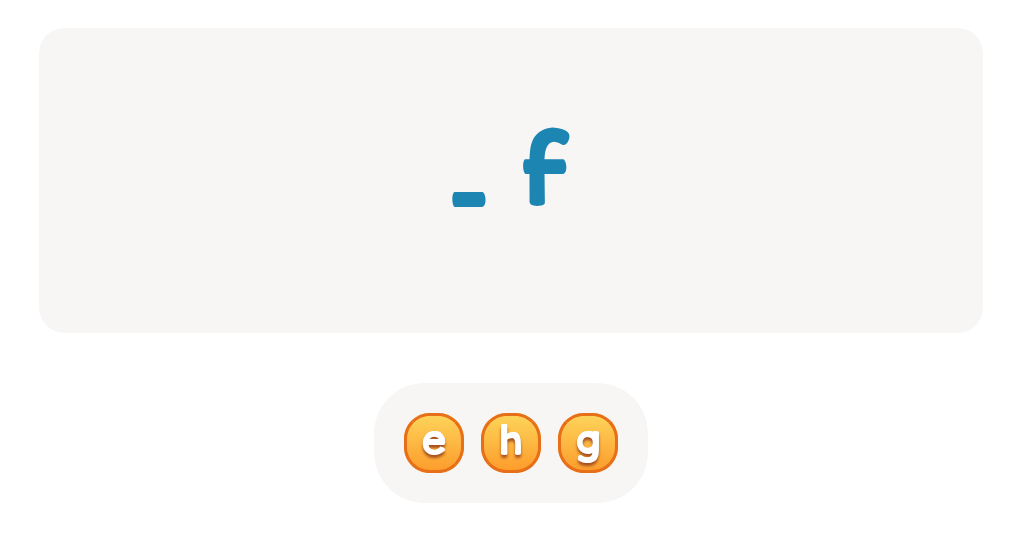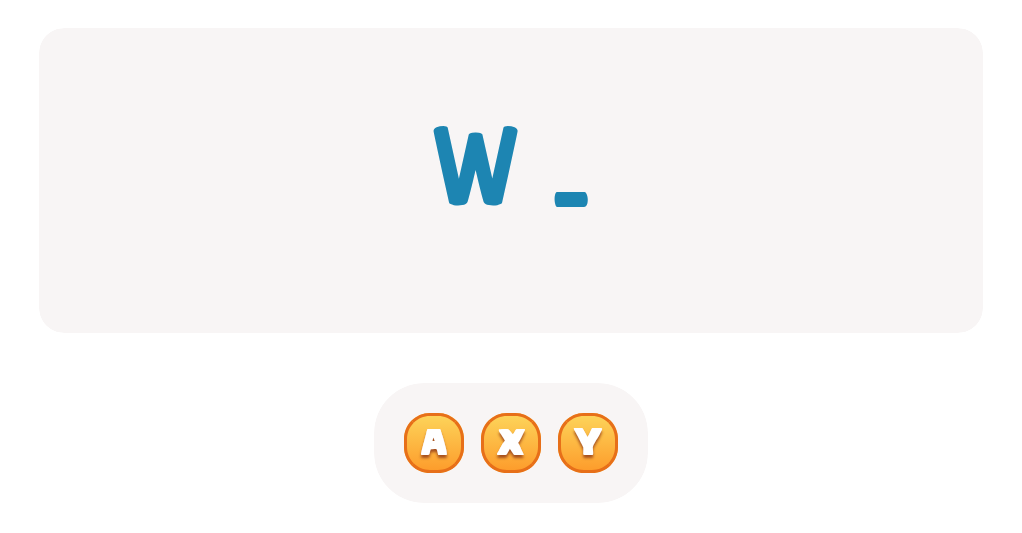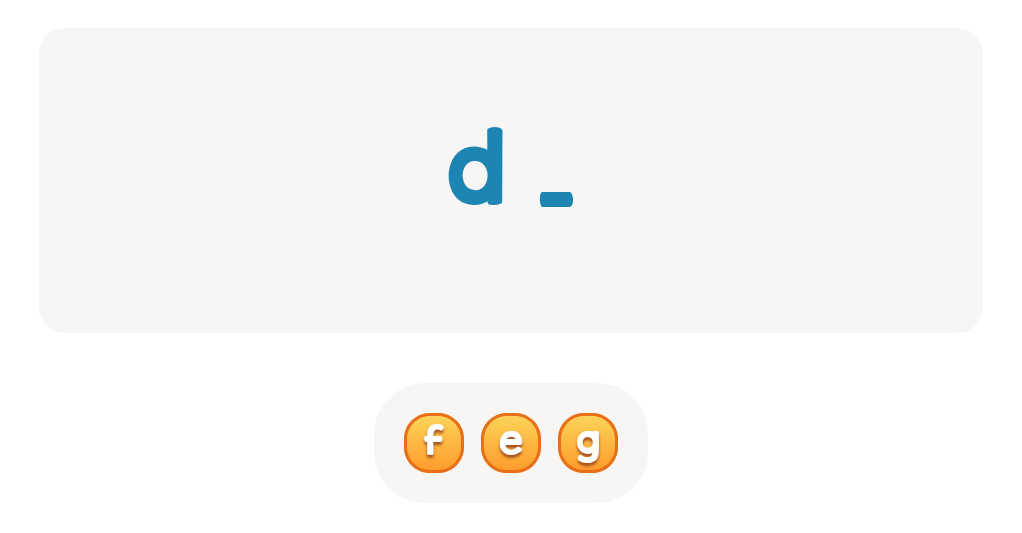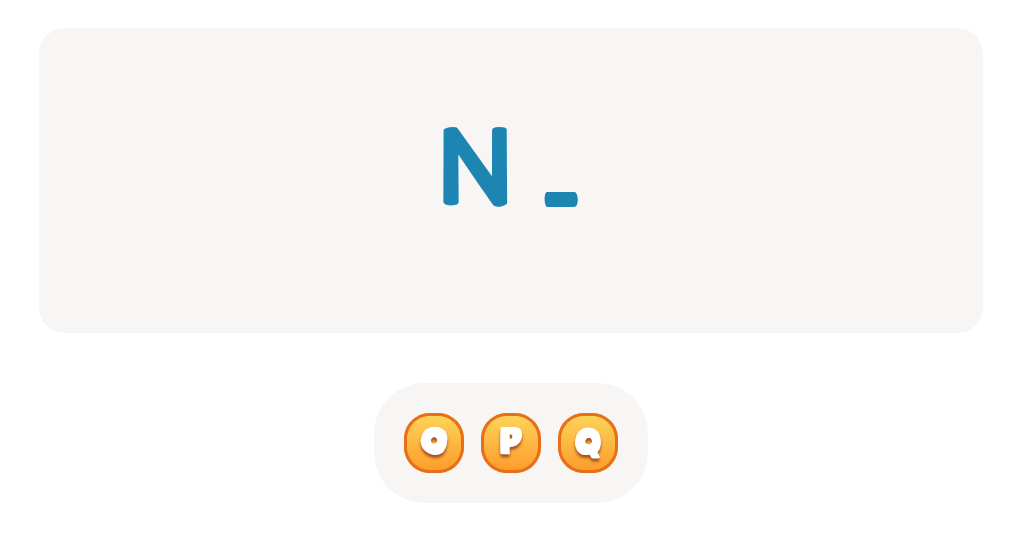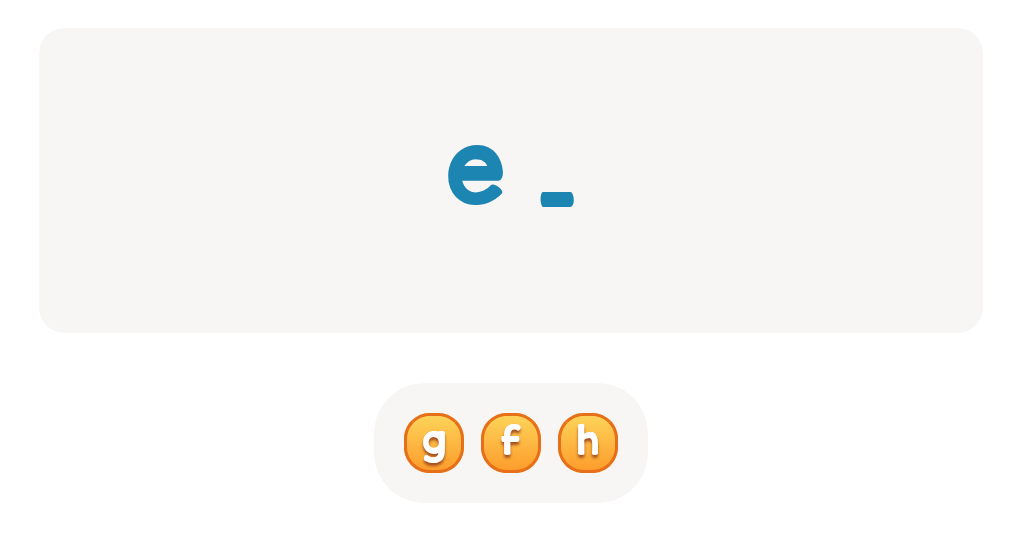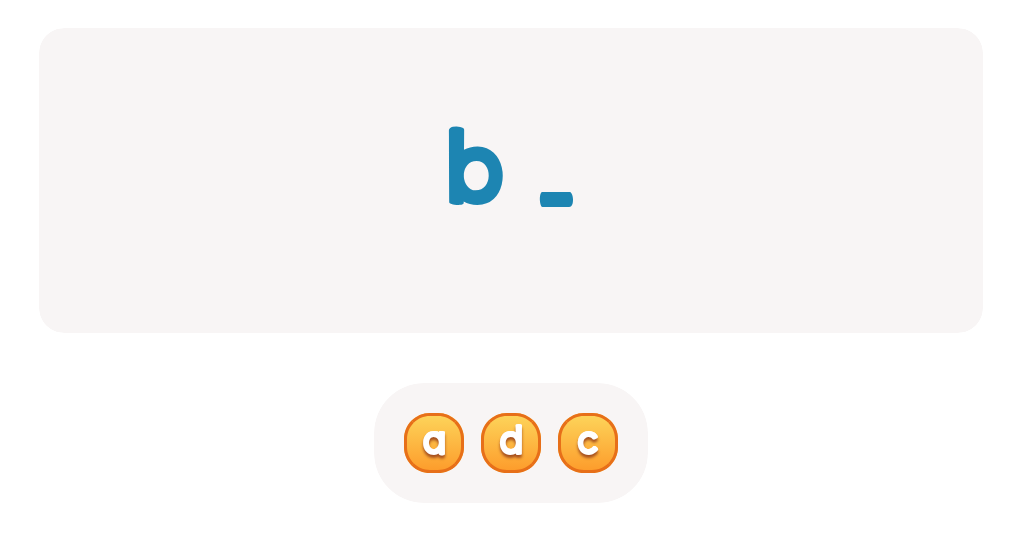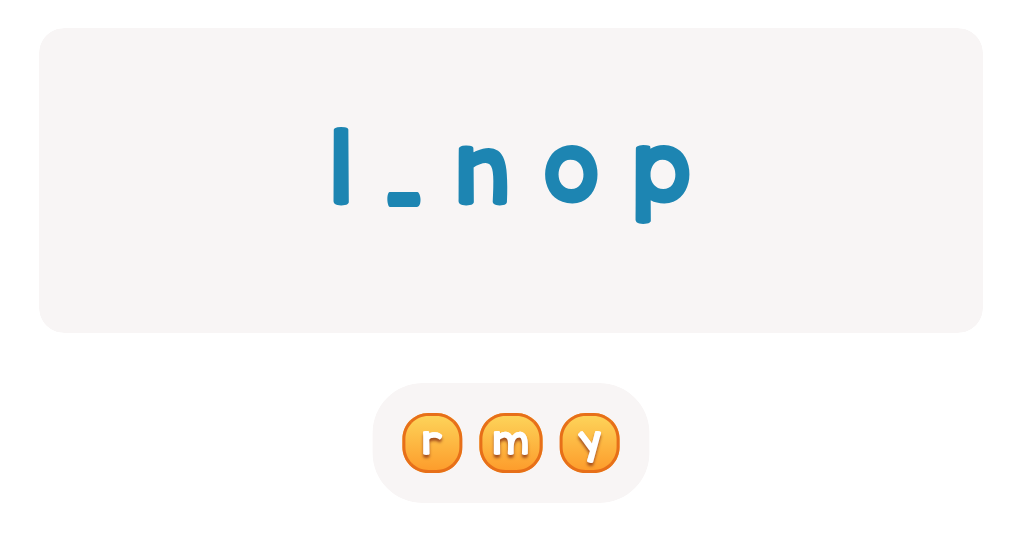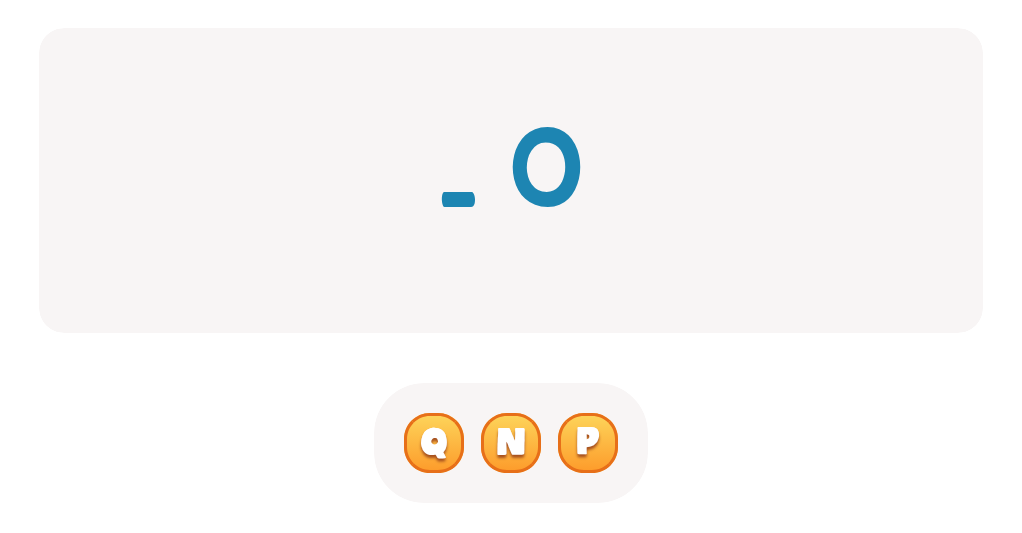Handwriting Skills ABC Letters Worksheets for Ages 3-6
8 filtered results
-
From - To
Discover our engaging Handwriting Skills ABC Letters Worksheets designed for children ages 3-6. These worksheets support early literacy development by helping young learners practice letter formation, enhance fine motor skills, and boost confidence in writing. Each worksheet features interactive activities and creative prompts that make learning fun and engaging. With colorful illustrations and easy-to-follow instructions, children will enjoy mastering the alphabet while developing essential handwriting techniques. Perfect for home or classroom use, our ABC worksheets are a great resource to inspire a love for writing. Explore our collection today and watch your little ones blossom into confident writers!
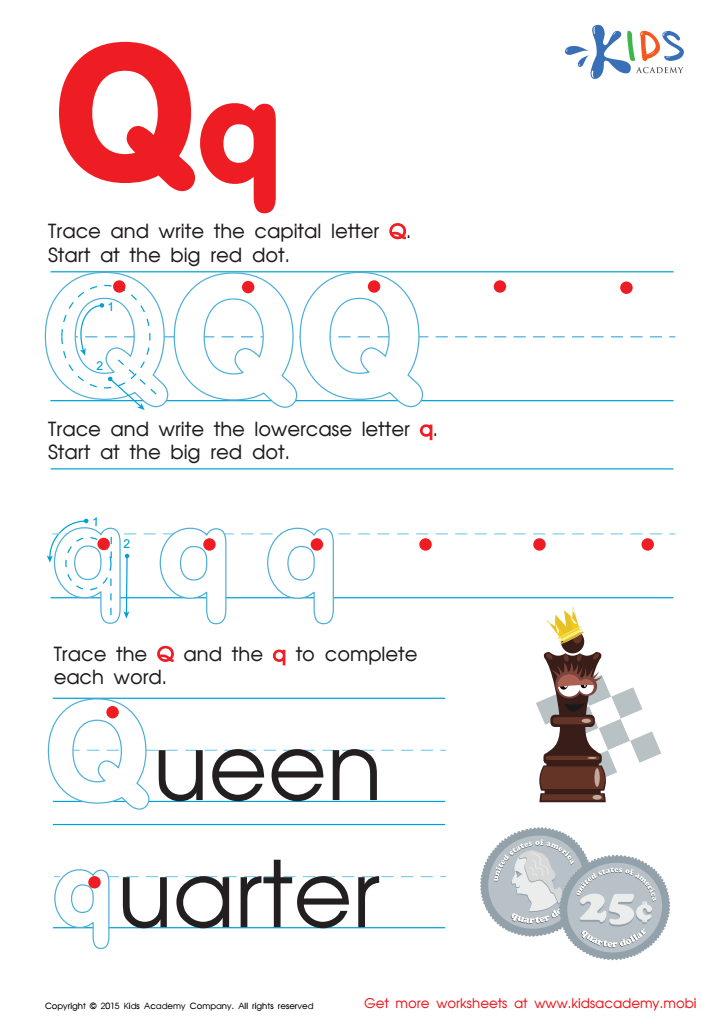

Letter Q Tracing Page
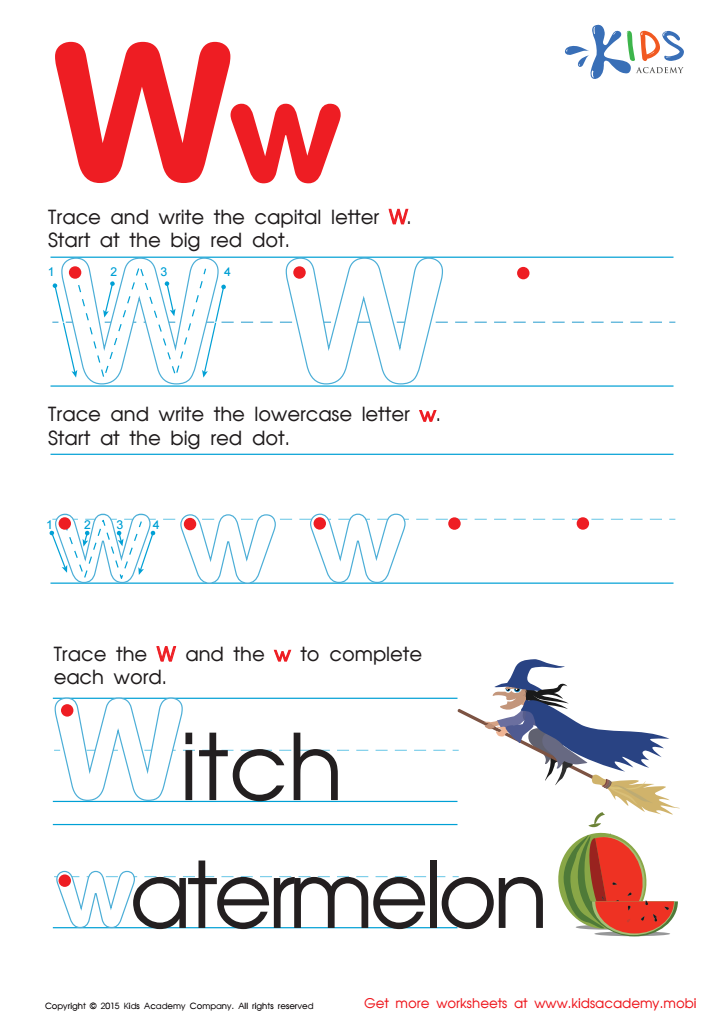

Letter W Tracing Page
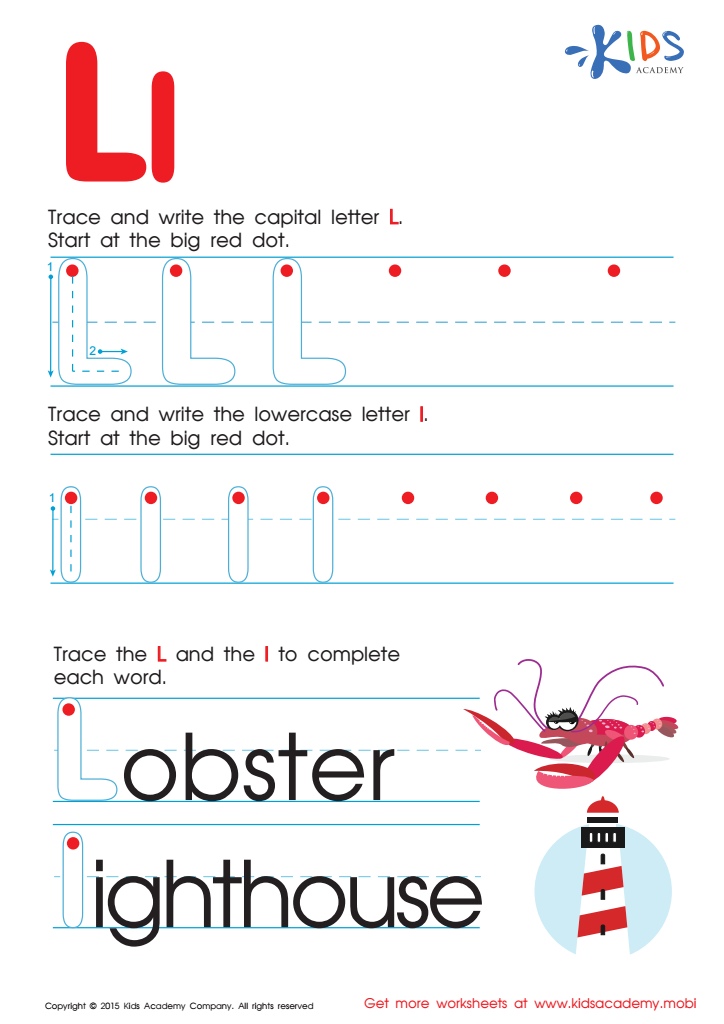

Letter L Tracing Page
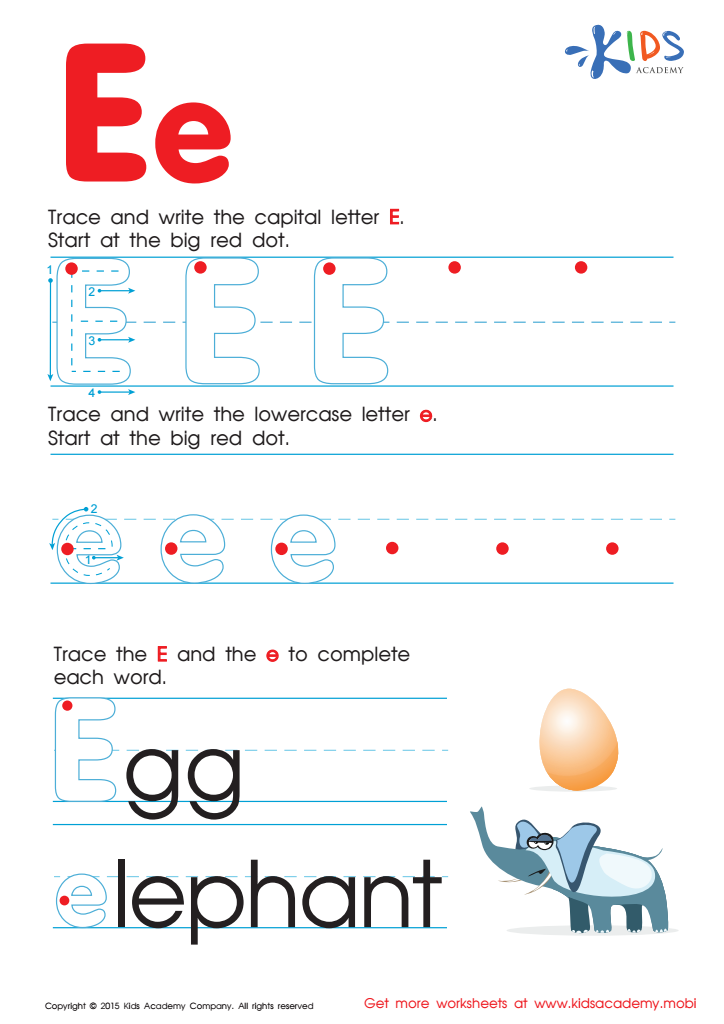

Letter E Tracing Page
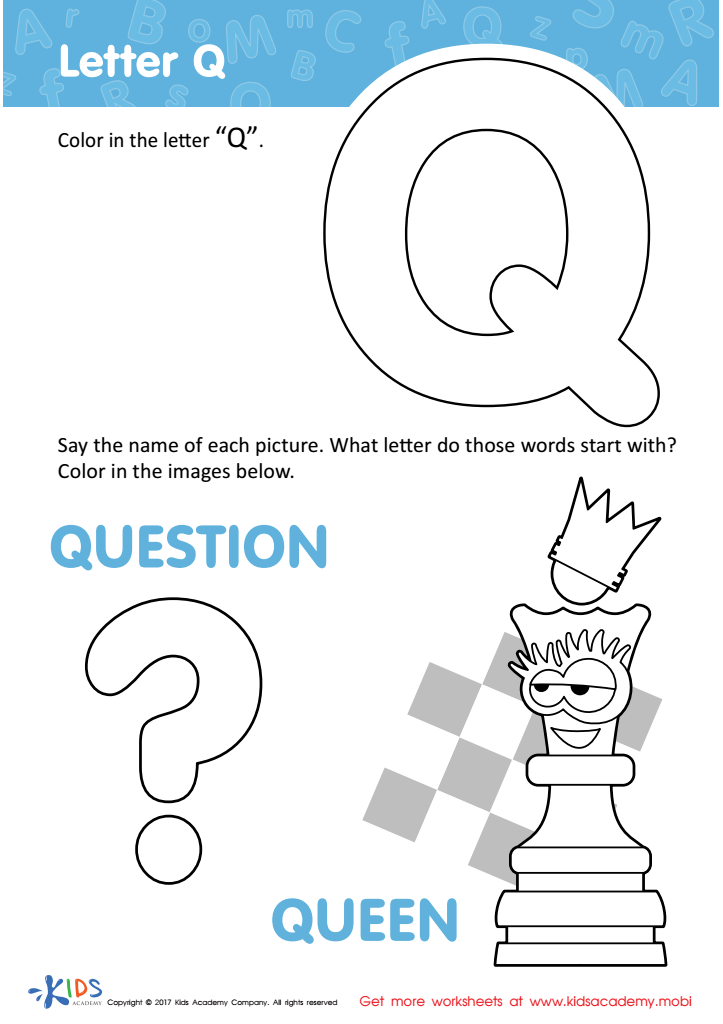

Letter Q Coloring Sheet
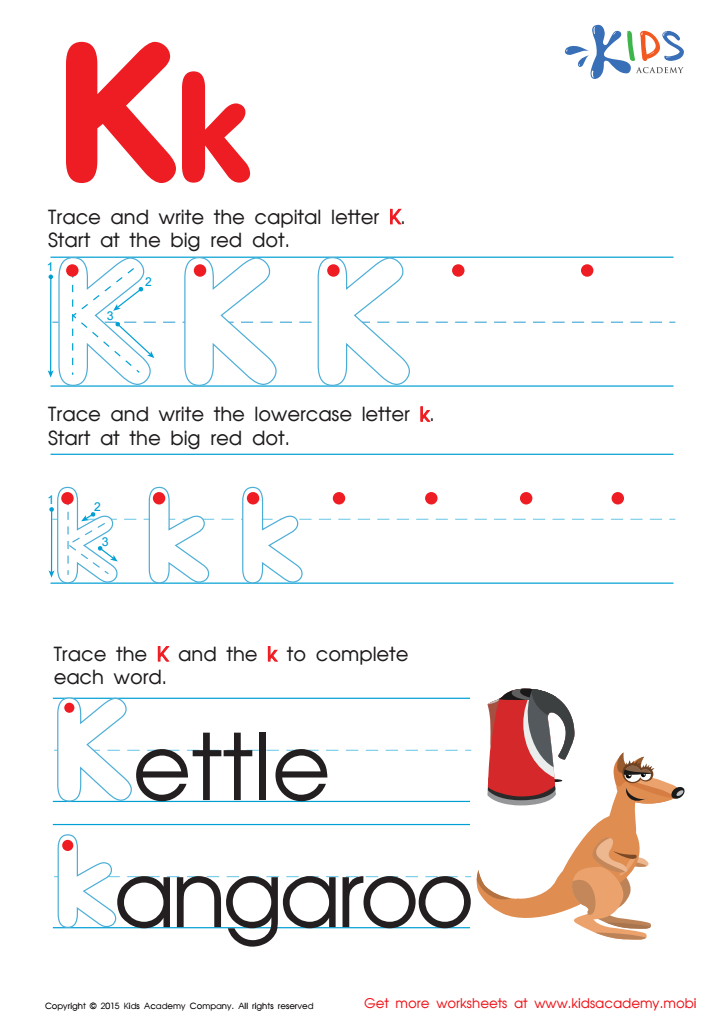

Letter K Tracing Page
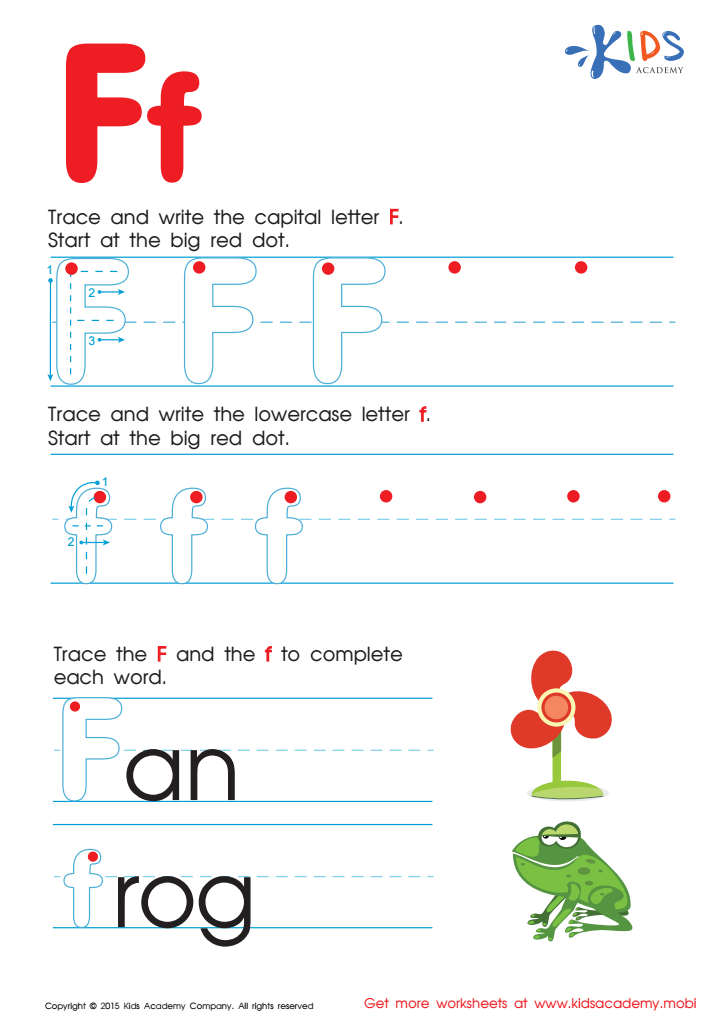

Letter F Tracing Page
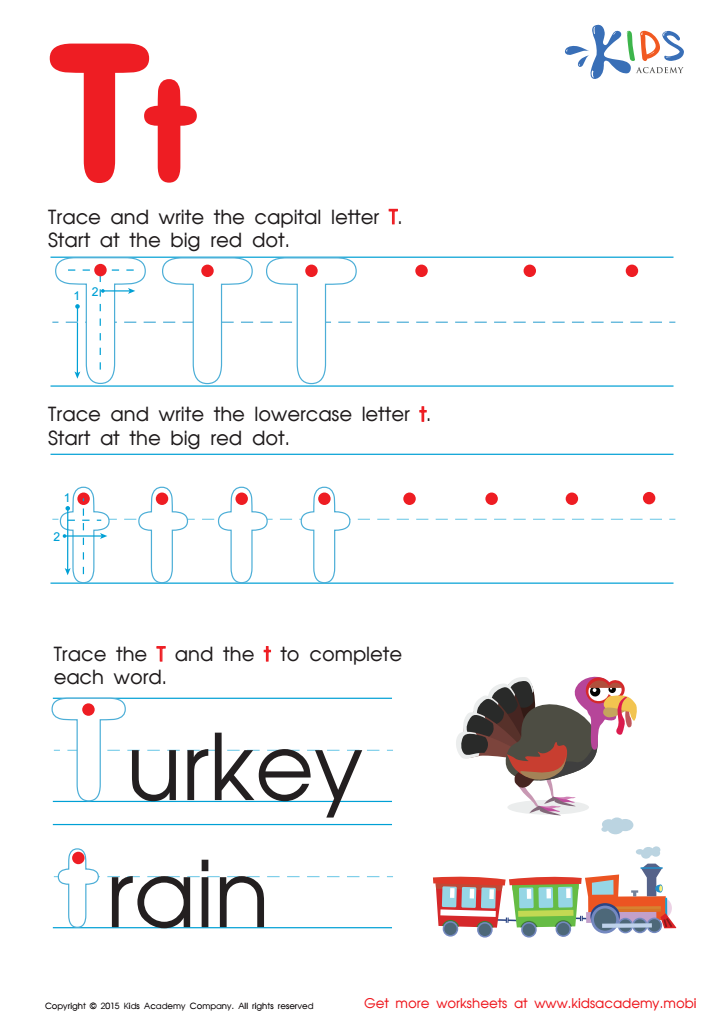

Letter T Tracing Page
Handwriting skills are foundational for young children, especially between the ages of 3 to 6, as they form the basis for future writing development and overall academic success. During this critical period, children progress from fine motor skill development to the intricate art of letter formation. Parents and teachers should prioritize these skills because they support not only literacy but also cognitive development. Mastering handwriting encourages concentration and discipline as children learn to control their movements with precision.
Furthermore, handwriting aids in memory retention. Kids who practice forming letters often exhibit better recall and understanding of phonetics and letter-sound relationships. This is vital in early literacy, where recognition of letters is essential for reading and writing.
Additionally, as children build their handwriting skills, they gain confidence in their abilities; this boost can translate into a positive attitude towards learning. Socially, sharing their written work can enhance communication skills and peer interaction.
Overall, investing time in teaching handwriting skills enables children to communicate effectively, set the stage for learning, and fosters a love for reading and writing that thrives well into their educational journey and beyond. Encouraging these skills builds a strong foundation for lifelong learning.

 Assign to My Students
Assign to My Students
